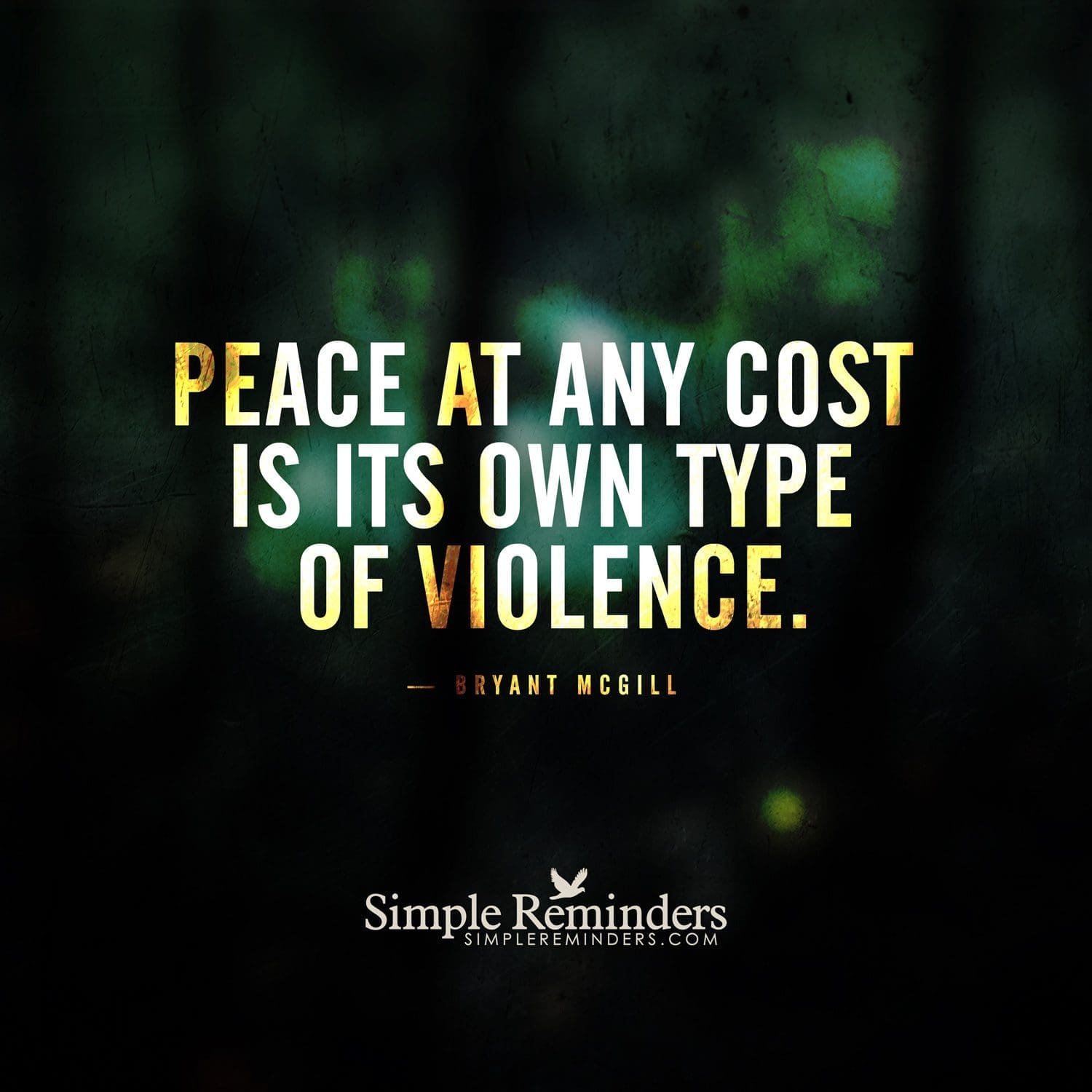
Anoushka Borthakur | Staff Blogger
The foundation of any nation is built by the common man and the fate of a nation lies in the hands of the common man. The dilemma of wars is also borne by the common man. The common man who shed tears when Jesus was crucified; the common man who walked out to his garden in Hiroshima on the 6th of August, 1945; the common man who raced to work in Nagasaki on the 9th of August, 1945; the common man in Syria selling dates to earn enough money to feed the child at home who is probably already dead. It would take someone hours to turn through the red and ragged pages of history to calculate the grave cost that the common man had to pay for peace.
Peace is a topic which is in the center of so many discussions but ironically enough, is ignored by so many. Any history book will tell us that peace is only emphasized after a war; after every war. Wars fought between egos and power result in destruction and devastation, not only of the people or soldiers but of dreams and hopes, of empathy and sympathy, or love and togetherness, of survival and the crave to survive, and that is the price of peace. The peace this globe has not yet witnessed.
On the 15th of August, every year, the Prime Minister delivers a speech that gives people hope. On this day, every year, we recall the sacrifice of our leaders; we recall the bravery of our soldiers; we recall the patriotism of millions of Indians who would do anything for the land they live in. We recall the events that happened over seventy years ago and get lost in the flamboyance of it. Jinnah along with many other leaders insisted that the formation of Pakistan was necessary to preserve peace, but the road taken to achieve that peace was not very peaceful. But that was a price they were willing to pay. The price was bloodshed, hunger, homelessness, and death, not just of people, but of humanity. Those people who died for their country, their families, and the common men who migrated from one nation to another, know the cost of peace!
Was Pakistan formed for peace or for power? If the motive was peace then it is definitely not working- the war in 1965, Bangladesh Liberation in 1971, Kargil in 1999, Uri attack in 2016, Pulwama attack in 2019, and this is only the tip of the iceberg. If it was for power then Pakistan is not going to stop with these attacks any time soon, which makes our generation the ‘common men’ who would have to pay the price.
The establishment of freedom does not demand the establishment of annihilation as a condition. The fire hoses and growling dogs barking at the children crying for peace; those children know the cost of peace. The widow crying over her husband’s mutilated body on the road; she knows the cost of peace. An annihilation war is a cost of peace. There must not be any other ‘common man’ who has to pay, because recalling history, it is just a group of civilians paying the cost of peace whose names never made to the headlines nor were memorials dug for them. The common men who sacrificed their lives with the dream and hope that they would be the last ones needed for insurance of peace and their coming generations would live a life where no drop of blood is shed in exchange of stopping war and misery, they know the cost of peace.

Be the first to comment